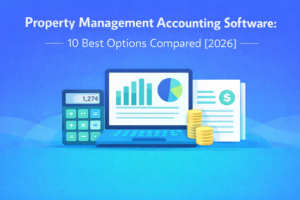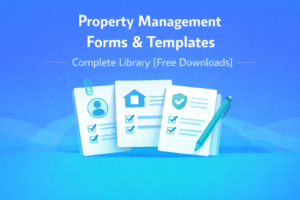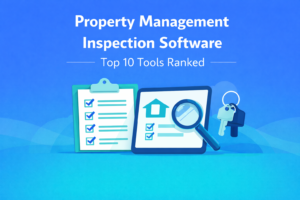
Generative AI can acts as a valuable addition to property management software in several different ways, enhancing its capabilities and resultantly improving user experience. Here’s how Generative AI can be helpful for a property management software:
Automated Content Generation:
Generative AI can be used to do tasks like automatically generate property descriptions, listing titles, and other textual content for property or real estate listings. This also saves time and make things easy for real estate professionals who would otherwise need to write descriptions manually.
Chatbots for Customer Support:
AI-driven chatbots can provide instant responses and solutions to common tenant or landlord queries. They can help with stuff like basic inquiries, schedule different maintenance requests, and even guide users through lease agreements and rental applications.
Predictive Maintenance:
Generative AI can also analyze historical maintenance data and can also predict when maintenance issues are likely to occur. This allows property managers to schedule preventive maintenance, reducing unexpected repair costs and help avoid tenant inconvenience.
Lease Agreement Generation:
AI can assist in creating lease agreements based on predefined templates and with user inputs. It can also ensure that these lease agreements adhere to local laws and regulations.
Market Analysis:
Generative AI can analyze various statistics like real estate market data, property performance metrics, and local trends to provide property managers with helpful insights into rental pricing, vacancy rates, and investment opportunities.
Document Automation:
AI can automate the generation and distribution of various property-related documents, such as rent increase notices, lease renewals, and move-in/move-out checklists.
Energy Efficiency:
AI can help with optimization of energy usage within properties by adjusting heating, cooling, and lighting based on occupancy and weather conditions. This can help with energy savings and also result in lower utility bills.
Tenant Screening:
AI can help property managers screen and evaluate potential tenants more efficiently by analyzing credit reports, criminal histories, and rental histories to assess tenant reliability.
Property Valuation:
AI-driven algorithms can help estimate property values based on current market conditions, historical real estate data, and property features. This information can assist property owners in setting realistic and competitive rental rates.
Data Analytics:
AI can process large volumes of data from various sources, such as property performance, tenant behavior, and market trends. This allows property managers to make data-driven decisions and improve overall property management strategies.
Personalized Recommendations:
AI can provide personalized property recommendations to tenants based on their preferences and past interactions. This can help tenants find properties that match their needs more effectively.
Maintenance Scheduling:
AI can prioritize maintenance requests and schedule them efficiently based on numerous factors like urgency, availability of repair personnel, and tenant preferences.
Incorporating Generative AI into property management software can enhance efficiency, reduce manual tasks, improve tenant and landlord experiences, and provide valuable insights for better decision-making. However, it’s essential to ensure that the AI implementation aligns with user privacy and data security regulations, especially when handling sensitive tenant information
Table of Contents
Stay Updated
Subscribe to get the latest news, industry trends, blog posts, and updates...




